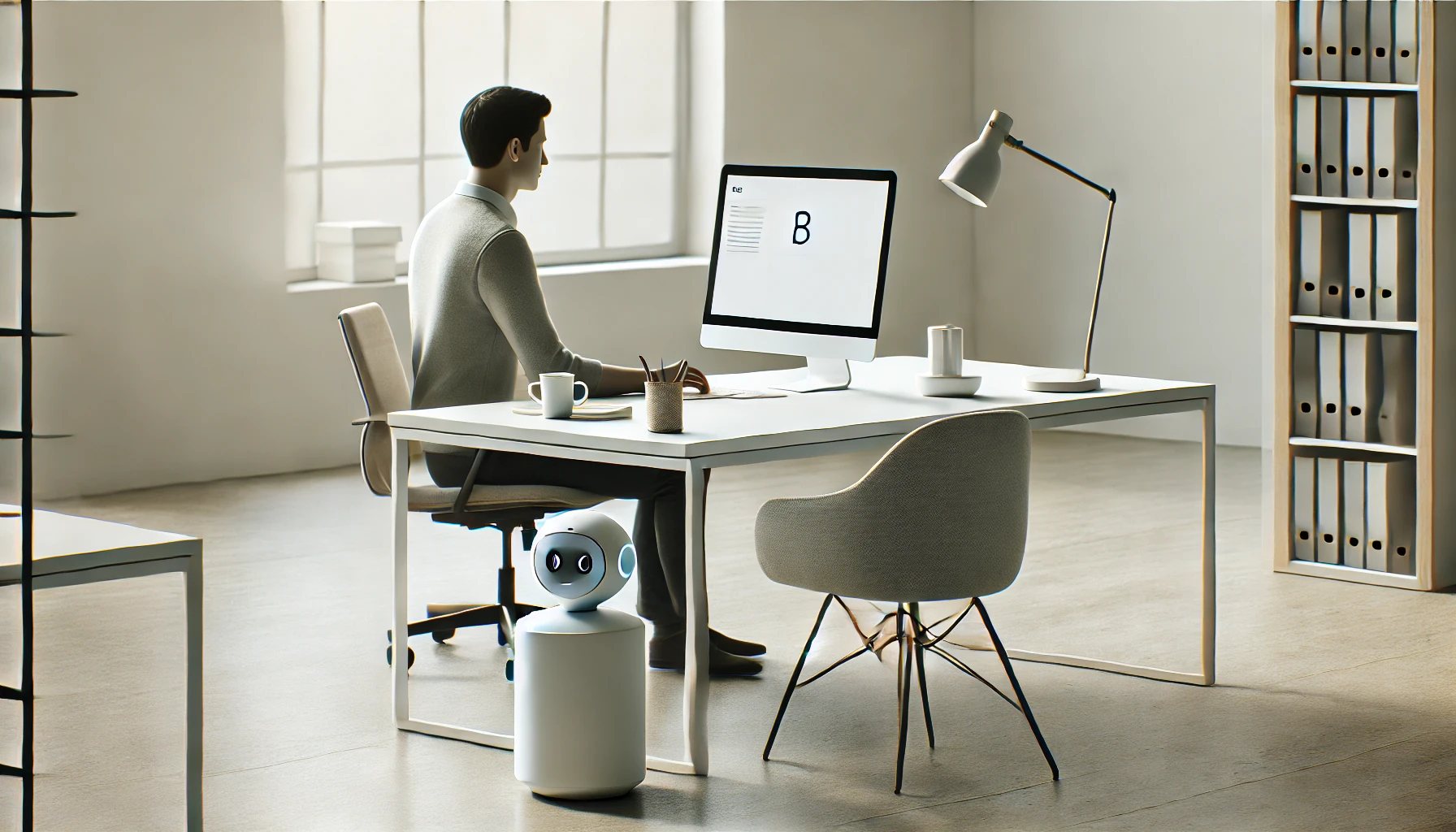
The Future of Work: Will AI Replace Humans?
The rapid advancement of Artificial Intelligence (AI) has significantly transformed various industries. From automating routine tasks to making data-driven decisions, AI continues to evolve and play a greater role in the workforce. However, one pressing question remains: will AI replace humans in the future?
The Role of AI in the Workforce
AI is widely used across different fields, including manufacturing, customer service, healthcare, and finance. Some common applications of AI in jobs include:
- Automating repetitive tasks: Robots and AI systems handle routine work such as data entry, transaction processing, and quality control.
- Complex data analysis: AI can process vast amounts of data quickly, helping businesses make more accurate decisions.
- Chatbots and virtual assistants: Many companies now rely on AI-powered chatbots to provide instant customer support and enhance user experience.
Will AI Replace Human Jobs?
While AI may replace some jobs, it cannot fully automate every task. Here are some key reasons why humans will continue to play an essential role:
- Creativity and Innovation: AI excels at analyzing data and automation, but it lacks the human ability to think creatively and generate new ideas.
- Empathy and Emotional Intelligence: Roles such as psychologists, healthcare workers, and customer service representatives require human interaction and emotional understanding that AI cannot replicate.
- Adaptability: AI functions based on algorithms and existing data, whereas humans can quickly adapt to changes in their environment and industry trends.
- Ethics and Decision-Making: Business and legal decisions often require ethical considerations and moral judgment, which AI is not capable of providing.
How Humans Can Adapt to AI
To remain relevant in the AI era, people need to develop skills that machines cannot easily replace, such as:
- Technical Skills: Learning the basics of AI, data science, and programming can be a valuable asset.
- Soft Skills: Communication, teamwork, creativity, and leadership will always be in high demand.
- Growth Mindset: Being open to learning, staying flexible, and adapting to technological changes are crucial.
- Collaboration with AI: Using AI as a tool to enhance productivity rather than viewing it as a complete replacement for human workers.
Conclusion
AI will continue to evolve and reshape the workforce, but it will not entirely replace humans. Instead, AI serves as a powerful tool that allows people to work more efficiently and productively. By developing the right skills and understanding how to leverage AI effectively, humans can adapt and maintain a critical role in the future of work.

Leave your comment